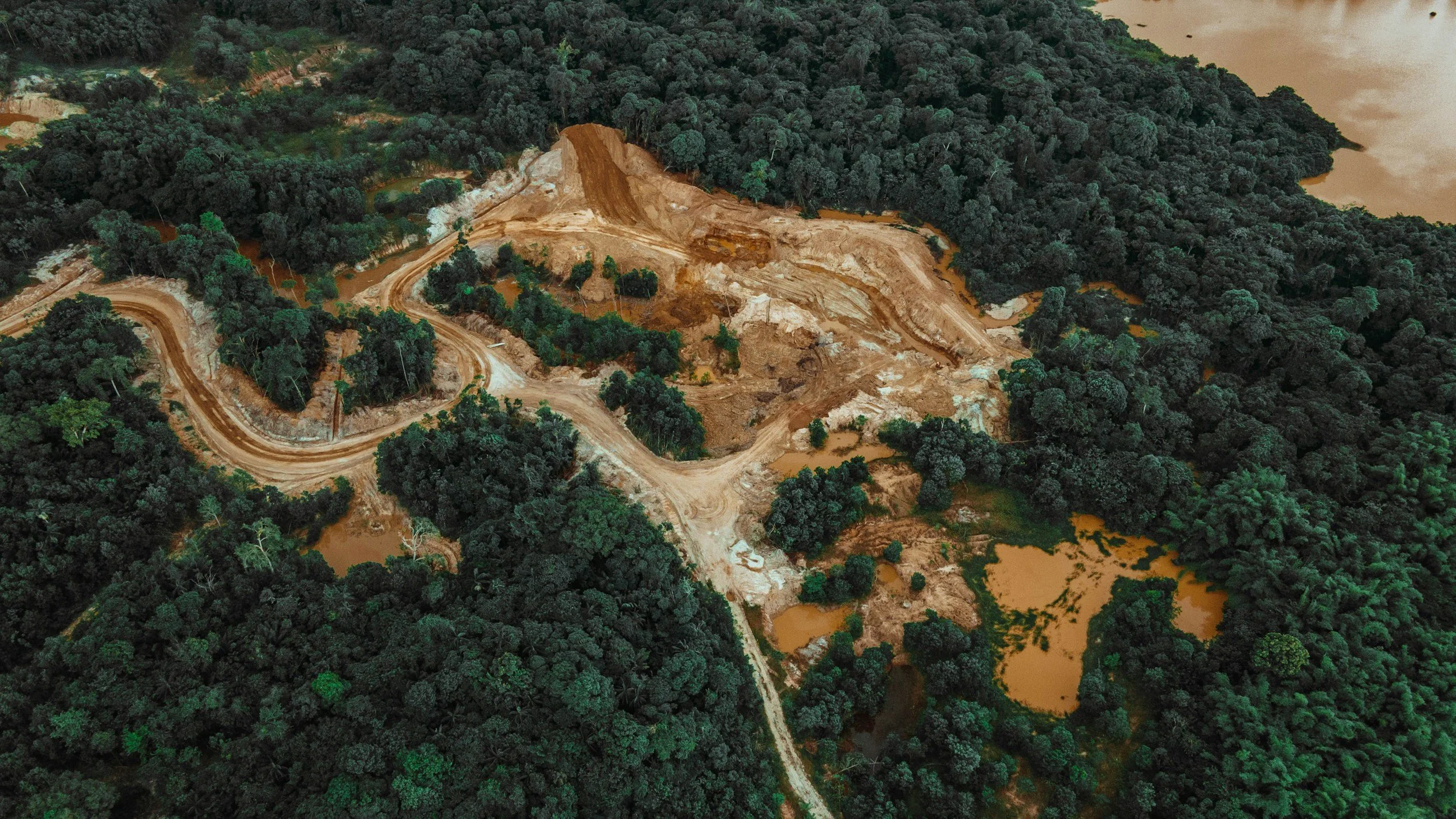Berkeley Lab Integrates AI to Advance Materials, Energy, and Climate Science Research

Image Credit: Matthew Henry | Splash
Lawrence Berkeley National Laboratory (Berkeley Lab), managed by the University of California for the U.S. Department of Energy, is integrating artificial intelligence into research across materials science, climate studies, and biology. While AI adoption has produced notable gains in efficiency and data analysis, it has also introduced new questions about data reliability, model transparency, and sustainable research funding.
AI-Driven Research Innovations
Berkeley Lab has implemented automated laboratories and machine learning tools to streamline data-heavy scientific processes. The Autonomous Laboratory (A-Lab) employs AI-guided robotics to synthesize new materials for energy applications, using databases such as the Materials Project and DeepMind’s GNoME. This shift to automated experimentation aims to speed up discovery and reduce human error, but it also highlights the need for robust oversight to prevent automation from amplifying existing biases in data or design.
In environmental science, Berkeley Earth—an independent nonprofit closely associated with Berkeley Lab—relies on AI and machine learning to analyze climate datasets. While these models provide improved forecasting capabilities and are cited by global bodies such as the IPCC, questions remain about the interpretability of AI-driven climate models, particularly when applied to complex, real-world phenomena.
Impact of Supercomputing and AI
The National Energy Research Scientific Computing Center (NERSC) at Berkeley Lab supports research teams with high-performance computing resources, including the Perlmutter supercomputer. AI tools like OmniFold allow for rapid analysis of large datasets in fields such as particle physics and genomics. For example, protein design research, including projects led by Nobel laureate David Baker, has benefited from accelerated modeling and simulation capabilities. While these advances reduce the time needed for data processing, their reliability depends on the quality and scope of the input data—a concern acknowledged by both the lab and external analysts.
In bioenergy research, AI-driven systems in the Advanced Biofuels and Bioproducts Process Development Unit are used to optimize production processes in real time. Although these tools can improve efficiency, there is ongoing scrutiny regarding the transparency of decision-making algorithms and the replicability of results under varying conditions.
Collaboration, Open Science, and Data Governance
Berkeley Lab promotes collaborative research and open access to scientific data. Recent initiatives, including the 2024 Berkeley Lab Artificial Intelligence Science Summit (BLASS) and the upcoming AI for Science Bootcamp, aim to disseminate best practices and train researchers in AI methods. The lab has also contributed to open chemistry datasets, enabling broader access to data for drug discovery and energy innovation.
Despite these collaborative efforts, issues surrounding data privacy, intellectual property, and equitable access to AI-driven research resources remain unresolved. There are ongoing debates within the scientific community about the governance of open science initiatives and the long-term implications for research equity.
Addressing Risks and Uncertainties
The integration of AI into scientific research is not without risks. A 2023 UC Berkeley study highlighted how AI models trained on misaligned or biased datasets may generate unreliable or misleading outcomes. Berkeley Lab has responded by prioritizing interpretable and physics-informed AI models, but concerns about transparency and reproducibility persist.
Additionally, uncertainties around future federal funding for climate and scientific research, amid changing U.S. policy priorities, create challenges for sustaining AI-driven projects. Berkeley Lab’s diversified funding base provides some resilience, but the broader scientific enterprise remains sensitive to policy shifts and economic pressures.
Source: Berkeley Lab, Berkeley Earth, NERSC, ABPDU
We are your source for AI news and insights. Join us as we explore the future of AI and its impact on humanity, offering thoughtful analysis and fostering community dialogue.




























